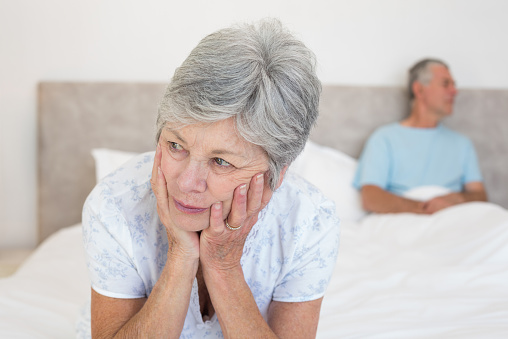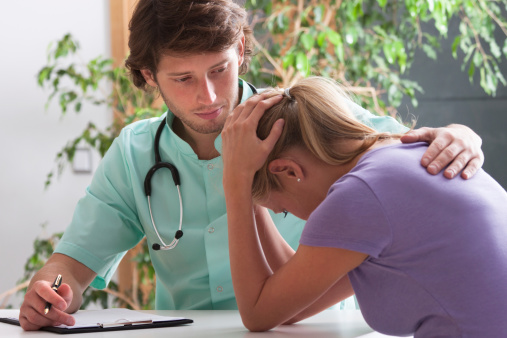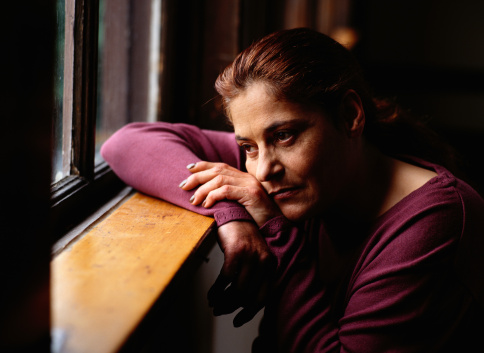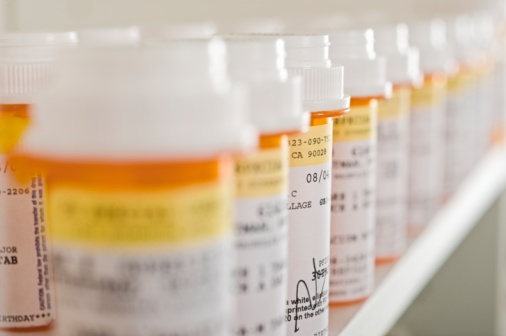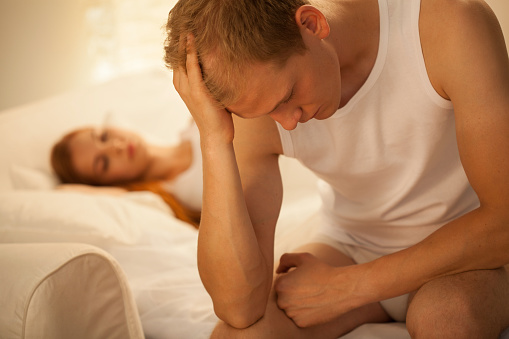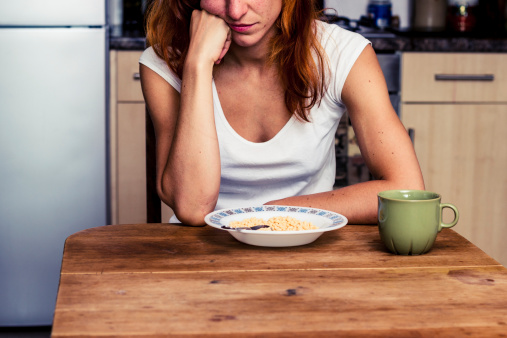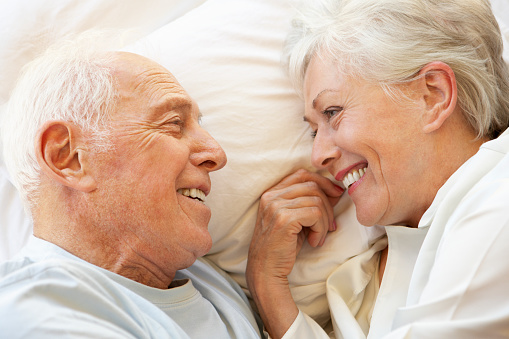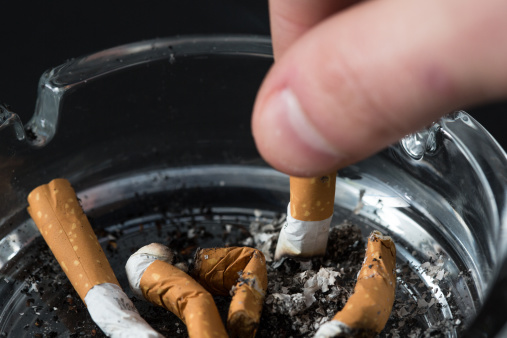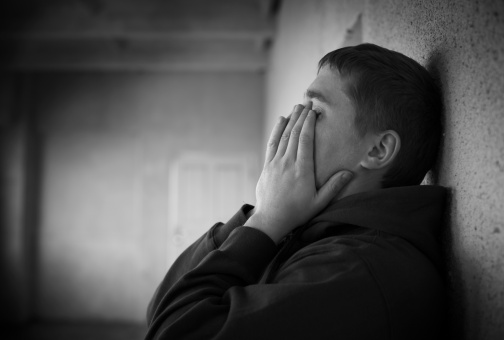Having low libido is more serious than you think
One common belief is that as we age our libido and sex drive take a downward spiral. Because many of us believe this idea we don’t get too concerned that the older we get, the less sex we have – but we should. Having low libido is actually not a normal sign of aging, but ...click here to read more

